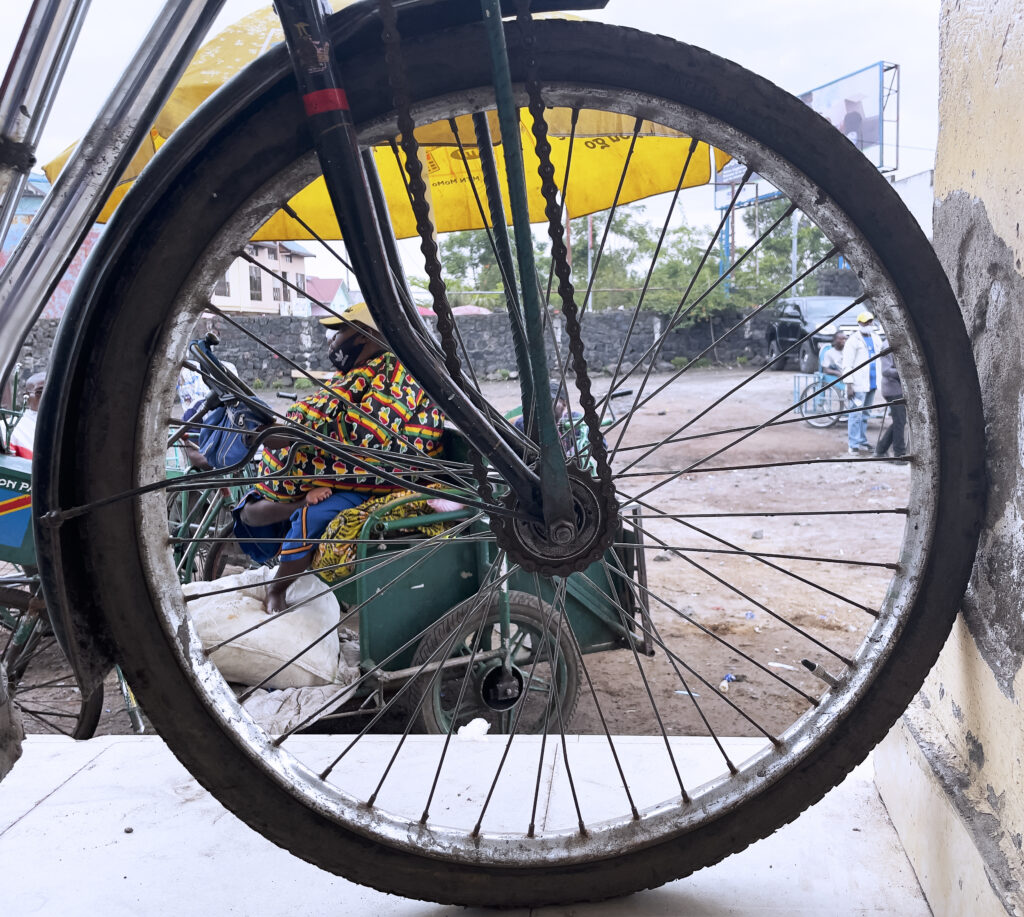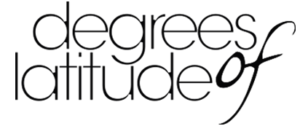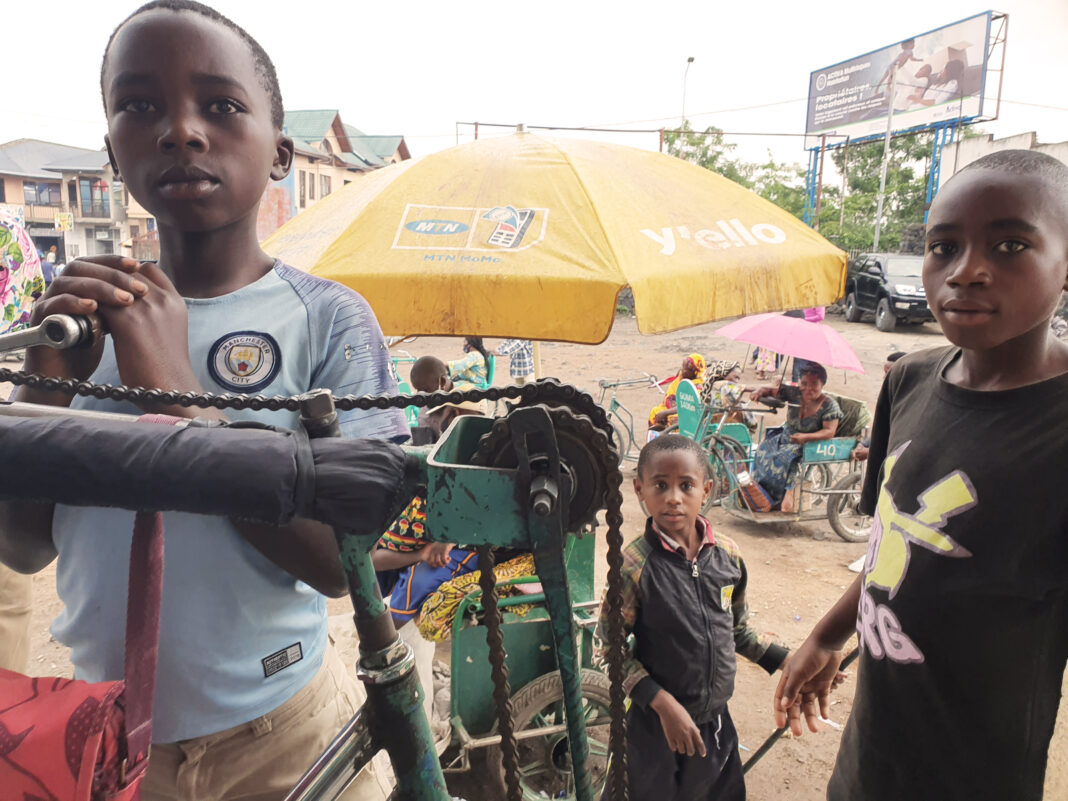The story I am telling from the city of Goma is a seemingly distant one—as far away as the Democratic Republic of the Congo seems. It is the story of the suffering, but also the determination, of those who live with disability in a very poor country, torn apart by a fierce and endless war, and who must now face Covid-19 and its economic consequences.
Telling it, like describing what happens in many other fragile lands, is not just a matter of justice. It concerns us. It affects us today regarding how we will overcome the pandemic. It was important before Covid-19 broke out and it involves the future, not only of the DRC but of our own future, too. Taking care of the world is not optional; it is necessary.
In Februry I left to the DRC even though the pandemic is making the reporting of everything else very marginal. We are here, with our deaths, our dying economies, our social relations reduced to a screen—for those who have one—or to nothing, with a load of suffering that cannot be minimized and that generates understandably obsessive attention to what happens in our countries, if not in our cities. But borders can’t be sealed and it is not enough to vaccinate all the Italians or the French or the British to get out of this. We must learn from the pandemic. Thus, looking at the disabled in Goma becomes not only a profound question of justice—and a lesson in resilience and creativity—but also a question of wisdom.
How does it concern us? How do the lives of people far away in space and culture concern us now more than ever?

Consider the pandemic—but it can be applied to any health, economic, environmental, or security emergency. We are all interlinked. A “pandemic”, as such, affects the whole world and if it is not confronted with a global pandemic plan, we will not easily come out of it. “We have to understand that the laboratory for new variants is going to keep coming from the low and middle–income countries”, said Michael Osterholm, a US epidemiologist who advised Joe Biden’s transition team, in The Economist‘s podcast on vaccination. According to Osterholm, this “global and realistic” plan does not yet exist.
There is a debate over the issue of the availability of vaccines and the ability of the poorest countries to secure the necessary doses, but also to guarantee tests, treatment, and assistance where health systems cannot even cope with the routine. The map on Covid-19 that the Economist publishes actually shows inequality at a glance through the perspective of vaccination campaigns.
Beyond the efficacy or safety assessments—which concern all countries—the question of the availability and accessibility of vaccines for poor countries is often addressed by relying on programs such as COVAX. UN agencies, businesses, philanthropy, and science try to respond by “international solidarity” to an emergency in front of which we find ourselves always unprepared because we have never acted in a structural way to address the causes of this frightening and tragic inequality, including rethinking the patent system.
The effectiveness of programs such as COVAX ultimately depends on how the rich world acts, as Geoffry York for Canada’s The Globe and Mail wrote. “There is growing evidence that this idealistic initiative of international solidarity will not be enough for the developing world to achieve the goal of herd immunity in the foreseeable future, even as richer countries expect to reach that goal this year”, he said.
The availability and accessibility of vaccines is, however, only one of the issues, and perhaps not the biggest. It is here that we understand why the story of the lives of persons with disability in Goma is closely linked to ours. No, it is not enough to have vaccines. A vaccination campaign has a much broader social dimension. How does one vaccinate in countries at war? How does one reach those who live in poverty and in an isolation so severe that they are not aware of even the most basic prevention measures? Those are often countries or regions where it is hard to count births and deaths; countries where food insecurity, malnutrition, and disease make bodies even more vulnerable to Covid-19; countries where epidemics break out every season—and not because we don’t have the scientific tools to fight them; countries where education is not for all.
That’s why it is important to defend the rights for which the disabled in Goma (and elsewhere) are fighting so that they can work, take care of themselves, study, and live without war. Everyone’s well-being is our well-being. It protects us. We need to know what happens in the world and really feel that we are sharing the same house. We must ask decision-makers not to forget the global dimension in which we live so that what is happening today does not happen again or so that new forms of instability do not spread as viruses, too.
But there is another reason, less immediate and less direct, for doing our best so that anyone—including those who live with a disability—can express themselves fully. In Goma, some disabled men and women have become a fundamental part of the local food market. They teach us that a world where everyone can contribute and express their talent is a world that generates beauty, which makes everyone’s life better.
I imagined that on the road between the DRC and Rwanda, where Goma’s disabled people transport food, there was a paved path where one could stop and chat with Mama Soki. I imagined eating the fruit produced in that volcanic land, wasting time looking at the smoking Nyiragongo without fear of being kidnapped or killed. I would have been there along with my nephews, who, when they see the Democratic Republic of the Congo on their magnetic globe, ask why we can’t go there to see the gorillas.
The story you will read was made possible thanks to the work of my colleague in Goma, Akilimali Saleh Chomachoma.



